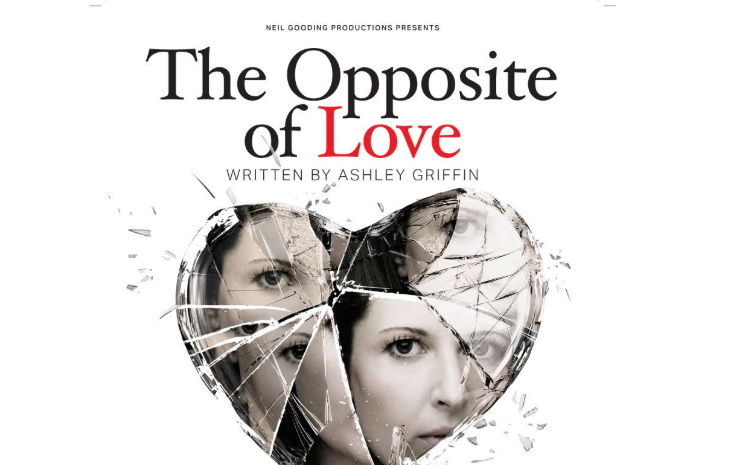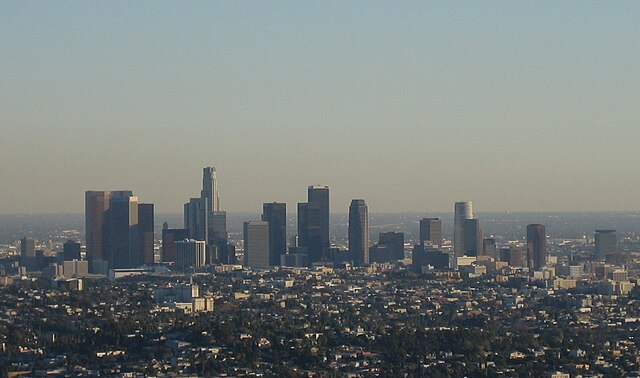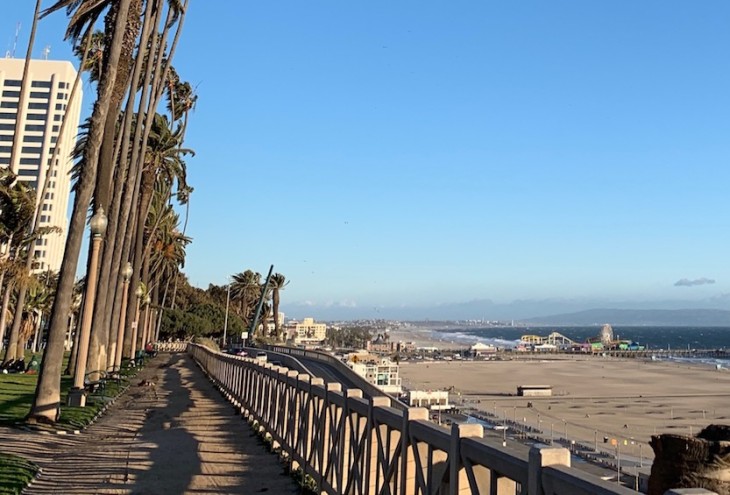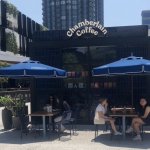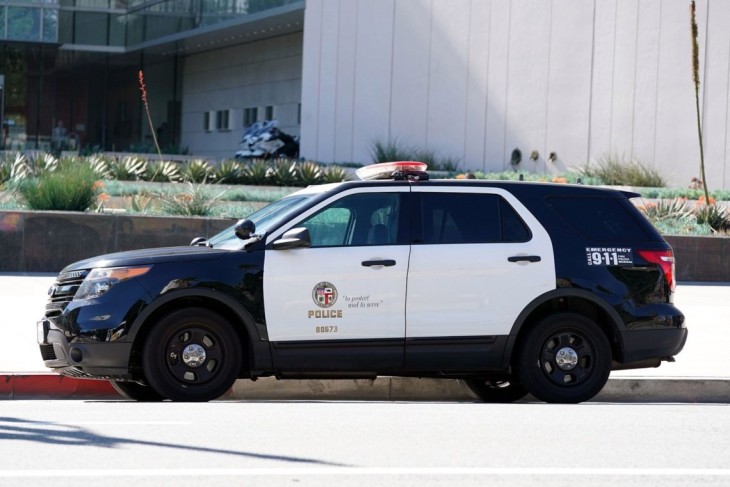Chances are you have heard a lot about the latest buzzword, GMO, which is short for genetically modified organism. You might have noticed that your grocery store is stocked with items labeled GMO-free, but what exactly does that mean for you and your health? Are GMOs decreasing your longevity and should you stay clear from them? The following will help to clarify the confusion to help streamline your grocery shopping.
What Is A GMO?
Advancements in science and technology seem to make almost anything possible, including changing the DNA in our foods. In a nutshell, GMOs contain genes from bacteria, viruses, animals, and humans.
With altered genes, this food may grow more quickly, reach a larger size, increase shelf life, and even change and preserve its color. That plump, red tomato you always see in your grocery store may have been genetically altered to give it that rosy red appearance.
While proponents of GMOs claim it is safe to eat, others are concerned about the long-term safety of consuming genetically modified foods.
While GMOs may be able to resist bugs and increase yields, the thought of eating food created in labs may sound a bit intimidating.
Some animal studies have linked GMOs to lowered immunity, accelerated aging, and reduced fertility.
The increased incidence of allergies is thought by some to be possibly linked to increased consumption of GMOs. Because there aren’t sufficient studies linking GMO consumption to any harm, more long-term studies are needed to ascertain their safety or danger.
I tend toward steering clear of GM foods until more research can confirm if they are safe. Below are tips that will help you identify and avoid GMOs in your food.
How To Opt Out
While approximately 70 percent of the foods in your grocery store contain genetically modified organisms, the good news is that you can choose to opt out of eating them. Most products containing soy, corn, canola, and cottonseed oil will be GMOs, unless they are 100 percent USDA certified organic.
Support Local Farms
Your smaller local farmer will most likely use minimal to no pesticides, and no GMO crops. In addition, when farmers produce foods that don’t travel long distances, the shelf life doesn’t need to be as long as that of foods shipped across country.
When shipping their food products locally, farmers don’t need to grow a ton of food yields to be shipped across the country.
Without the demand for high yields, the farmer is at liberty to try small crops of various vegetables and fruits that you probably wouldn’t find in your grocery store, which can offer exciting new options.
You can pick up their food in farmer’s markets or consider signing up for a CSA, where you can pick up a box of fresh produce once a week.
Here are some other benefits of choosing local food:
• You get superior freshness, flavor, and quality.
• You support the local economy and community.
• Local foodstuffs promote a safer food supply. Food that travels long distances has a greater chance of contamination during the harvesting, washing, shipping, and distribution process.
• You get to know how your food is grown. You can ask your farmer how they raise and harvest crops. Having direct access and information about where your food comes from is always a plus!
Look For NON-GMO Project Seals
When grocery shopping, look for the NON-GMO seal. The NON-GMO project is a non-profit organization that is committed to providing you with foods that are independently verified GMO-free choices.
Watch For Red Flags
Read the ingredients to avoid the following from sneaking into your meals: corn, soybean, canola, cottonseed. Some sugar beets, most Hawaiian papaya, and some zucchini and yellow squash will be GMOs. Look out for dairy products that label No rBGH, rBST, or artificial hormones.
Brief recap: When in doubt, look for the NON-GMO sticker or choose a 100 percent organic option. Better yet, get to know your local farmers and confirm that they do not grow GMO crops.
May you live long, live strong, and live happy!
Dr. Mao Shing Ni, best known as Dr. Mao is a bestselling author, doctor of Oriental Medicine, and board certified anti-aging expert. He has recently appeared on “The Ricki Lake Show,” “Dr. Oz,” and contributes to Yahoo Health and The Huffington Post. Dr. Mao practices acupuncture, nutrition, and Chinese medicine with his associates at the Tao of Wellness in Santa Monica, Newport Beach, and Pasadena. Dr. Mao and his brother, Dr. Daoshing Ni, founded the Tao of Wellness more than 25 years ago in addition to founding Yo San University in Marina del Rey. To make an appointment for evaluation and treatment call 310.917.2200 or you can email Dr. Mao at contact@taoofwellness.com. To subscribe to his tip-filled newsletter, visit www.taoofwellness.com.



